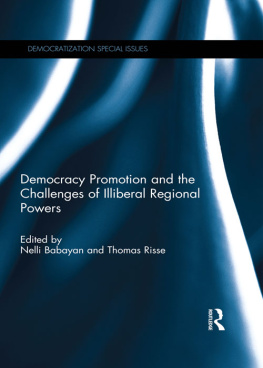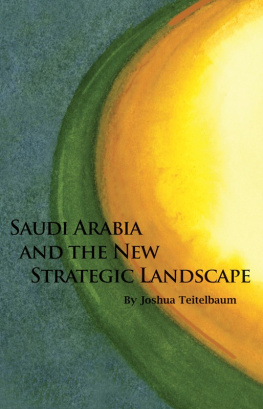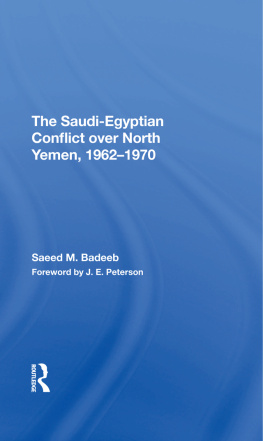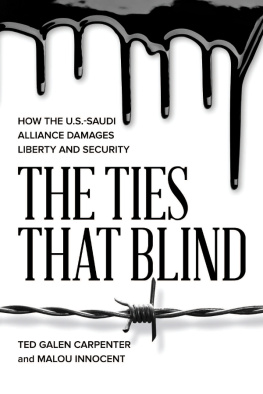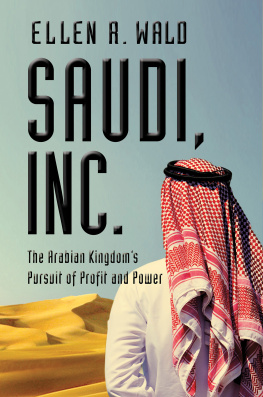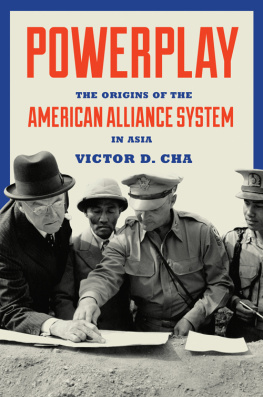Victor McFarland - Oil Powers: A History of the U.S.-Saudi Alliance
Here you can read online Victor McFarland - Oil Powers: A History of the U.S.-Saudi Alliance full text of the book (entire story) in english for free. Download pdf and epub, get meaning, cover and reviews about this ebook. year: 2020, publisher: Columbia University Press, genre: Politics. Description of the work, (preface) as well as reviews are available. Best literature library LitArk.com created for fans of good reading and offers a wide selection of genres:
Romance novel
Science fiction
Adventure
Detective
Science
History
Home and family
Prose
Art
Politics
Computer
Non-fiction
Religion
Business
Children
Humor
Choose a favorite category and find really read worthwhile books. Enjoy immersion in the world of imagination, feel the emotions of the characters or learn something new for yourself, make an fascinating discovery.

- Book:Oil Powers: A History of the U.S.-Saudi Alliance
- Author:
- Publisher:Columbia University Press
- Genre:
- Year:2020
- Rating:5 / 5
- Favourites:Add to favourites
- Your mark:
- 100
- 1
- 2
- 3
- 4
- 5
Oil Powers: A History of the U.S.-Saudi Alliance: summary, description and annotation
We offer to read an annotation, description, summary or preface (depends on what the author of the book "Oil Powers: A History of the U.S.-Saudi Alliance" wrote himself). If you haven't found the necessary information about the book — write in the comments, we will try to find it.
Oil Powers: A History of the U.S.-Saudi Alliance — read online for free the complete book (whole text) full work
Below is the text of the book, divided by pages. System saving the place of the last page read, allows you to conveniently read the book "Oil Powers: A History of the U.S.-Saudi Alliance" online for free, without having to search again every time where you left off. Put a bookmark, and you can go to the page where you finished reading at any time.
Font size:
Interval:
Bookmark:
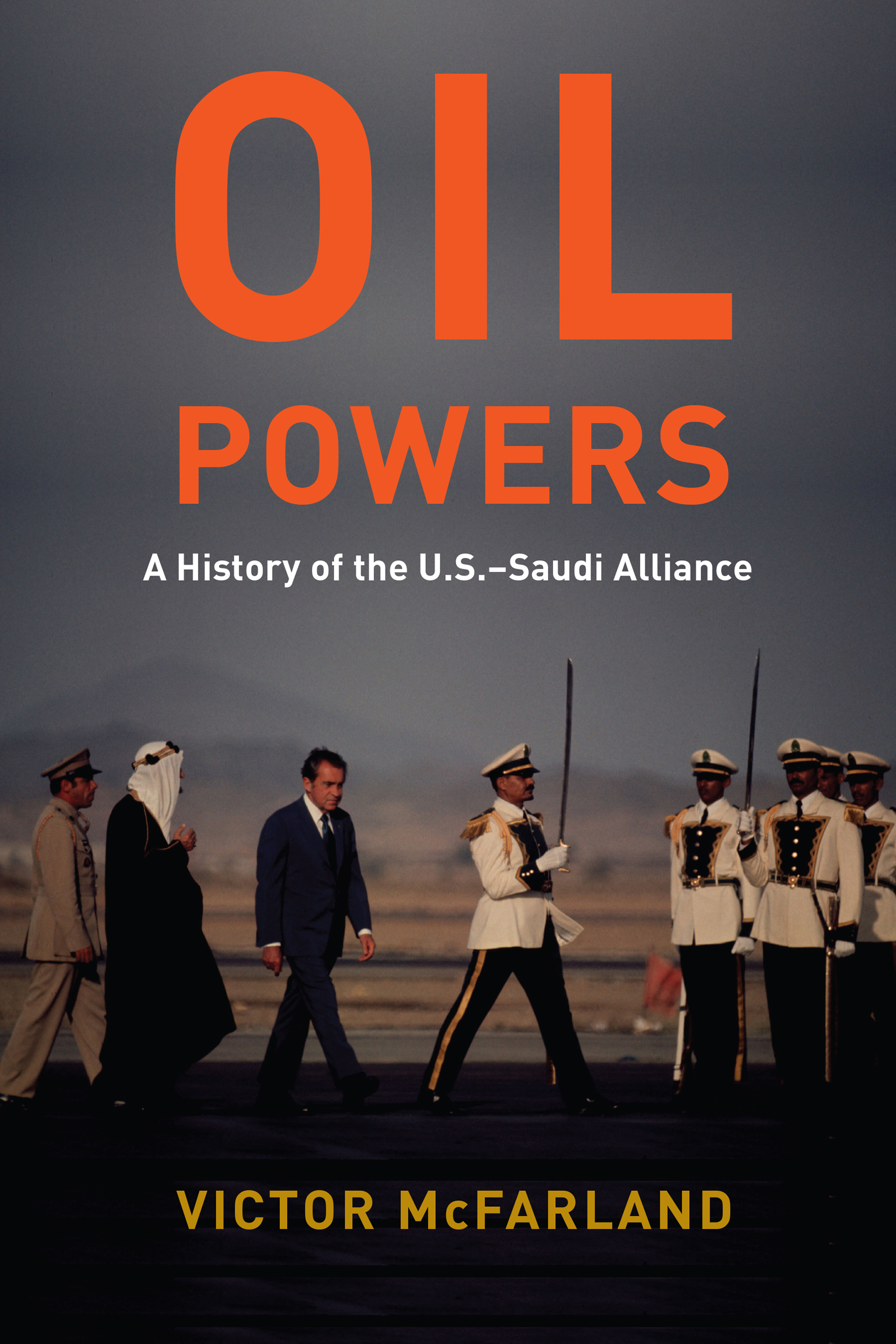
OIL POWERS
VICTOR MCFARLAND
OIL POWERS
A History of the U.S.-Saudi Alliance
Columbia University Press/New York
Columbia University Press
Publishers Since 1893
New YorkChichester, West Sussex
cup.columbia.edu
Copyright 2020 Columbia University Press
All rights reserved
E-ISBN 978-0-231-55207-3
Library of Congress Cataloging-in-Publication Data
Names: McFarland, Victor, author.
Title: Oil powers : a history of the U.S.-Saudi alliance / Victor McFarland.
Description: New York : Columbia University Press, 2020. | Includes bibliographical references and index.
Identifiers: LCCN 2019056209 (print) | LCCN 2019056210 (ebook) | ISBN 9780231197267 (cloth) | ISBN 9780231197274 (paperback)
Subjects: LCSH: Petroleum industry and tradeSaudi Arabia. | United StatesForeign relationsSaudi Arabia. | Saudi ArabiaForeign relationsUnited States. | United StatesForeign economic relationsSaudi Arabia. | Saudi ArabiaForeign economic relationsUnited States.
Classification: LCC E183.8.S25 M38 2020 (print) | LCC E183.8.S25 (ebook) | DDC 327.730538dc23
LC record available at https://lccn.loc.gov/2019056209
LC ebook record available at https://lccn.loc.gov/2019056210
A Columbia University Press E-book.
CUP would be pleased to hear about your reading experience with this e-book at .
Cover image: Getty Images Dirck Halstead
I t is a pleasure to thank the many friends and colleagues who helped this book come together. While working on Oil Powers, I was fortunate to make my academic home at Yale University, the Miller Center at the University of Virginia, the Dickey Center for International Understanding at Dartmouth College, the Charles Warren Center for Studies in American History at Harvard University, and the University of Missouri.
Funding from Yale University, the University of Missouri, the Gerald R. Ford Presidential Library, and the Society for Historians of American Foreign Relations (SHAFR) supported my archival research. Those travels took me to libraries and archives in the United States, Saudi Arabia, and beyond. I am grateful to the staff at the Center for Research Libraries in Chicago, the Dolph Briscoe Center for American History at the University of Texas, the Federal Reserve Bank of New York (with special thanks to Jay Sager), the Rockefeller Archive Center in Sleepy Hollow, Georgetown University, the Gerald R. Ford Presidential Library in Ann Arbor, Harvard University, the Institute for Palestine Studies in Beirut, the Institute of Public Administration in Riyadh, the Jimmy Carter Presidential Library in Atlanta, the John F. Kennedy Presidential Library in Boston, King Abdulaziz University, King Saud University, the University of Jordan (with special thanks to Afnan Rafeeq), Lafayette College, the National Archives and Records Administration in College Park, the National Center for Documentation and Research in Abu Dhabi, the Organization of Petroleum Exporting Countries in Vienna, the Organization of Arab Petroleum Exporting Countries in Kuwait City (with special thanks to Omar Karameh), Princeton University, the Richard Nixon Presidential Library in Yorba Linda, and the Ronald Reagan Library in Simi Valley.
I could not have conducted research in Saudi Arabia without the support of Prince Turki al-Faisal, Naila al-Sowayel, Ibrahim al-Hadlaq, and the staff of the King Faisal Center for Research and Islamic Studies in Riyadh, as well as Mohammed Al Fahad and Majid Al-Moneef at the Ministry of Petroleum and Mineral Resources. Thanks to Abdulaziz Al Fahad, Saeed Badeeb, and Hassan Husseini for their hospitality and their insights into Saudi history, and to Daniela Olivier, Hamed Tabrizi, Michael Farquhar, and Nadav Samin for our shared adventures in the kingdom.
I am grateful to the former U.S. and Saudi officials and others who agreed to be interviewed for this book. Special thanks to William Quandt for being exceptionally generous with his time and for helping me to understand what happened behind the scenes in the Nixon and Carter administrations.
I received valuable advice on work in progress from the organizers and participants of workshops, seminars, and conferences with the American Historical Association, the American Political Science Association, Ca Foscari University of Venice, the Seminar on Twentieth Century Politics and Society at Columbia University, the Dickey Center at Dartmouth College, the Warren Center at Harvard University, the International Studies Association, the Middle East Studies Association, the University of Missouri, the Abu Dhabi Institute and the Remarque Institute of New York University, SHAFR, the Maison de la Recherche of Sorbonne University, the University of Tbingen, the Miller Center at the University of Virginia, and Yale University.
My academic advisors, John Lewis Gaddis, Abbas Amanat, and Beverly Gage, guided this project from the beginning. I am also deeply indebted to David Painter and Salim Yaqub for their generous mentorship and support over the years.
Many other colleagues, teachers, and friends read and discussed this project with me. They included Sultan Alamer, Marino Auffant, Fritz Bartel, Amanda Behm, Jadwiga Biskupska, Rosie Bsheer, Daniel Chardell, Dag Harald Claes, Jeff Colgan, Guillemette Crouzet, Christina Davidson, Michael Farquhar, Kevin Fogg, Jeffrey Friedman, Joe Fronczak, Giuliano Garavini, Nils Gilman, Gretchen Heefner, Ryan Irwin, Rose Kelanic, Paul Kennedy, Josh Kertzer, Sulmaan Khan, Kevin Kim, Jenny Lind, Doug Little, Fred Logevall, Chris Low, ShawnaKim Lowey-Ball, Erez Manela, Emily Meierding, Chris Miller, Ed Miller, Jennie Miller, Mike Morgan, Sam Moyn, Marta Musso, Aaron OConnell, Lindsey ORourke, Ken Osgood, Daryl Press, Paul Sabin, Daniel Sargent, Kathryn Schwartz, Kristina Shull, Jeremi Suri, Laura Thaut Vinson, Bob Vitalis, Jessica Wang, Odd Arne Westad, and Bill Wohlforth. Special thanks to Chris Dietrich, Molly Geidel, Nathan Kurz, and Saje Mathieu for going above and beyond the call of duty in their thorough reading of the manuscript and their detailed and insightful comments.
Kevin Kim and Daniel Sargent generously shared material they had collected on their own trips to the archives. Molly Bradtke, Oksana Levkovych, and Natascha Otoya gathered critical sources at the Library of Congress, the Guildhall Library in London, and the Georgetown University Library. Amro Alansari, Mohammed Alaskari, Duaa Alhou, Ali Almajed, Eissa Almoteiri, and Laith Hujab helped transcribe Arabic documents into electronic formats. Their help was invaluable, especially with older newspapers whose smudged and blurry text was a challenge even for native speakers. All translations, and any resulting errors, are my own.
I am grateful to Dick Doughty at Saudi Aramco World and Sharon Seymour at the Sausalito Historical Society for sharing images from their collections.
Thanks to the editors and staff at Columbia University Press (including Stephen Wesley, Christian Winting, and Kat Jorge) and to Susan Ecklund and Helen Wheeler at Westchester Publishing Services for their expert work in preparing the manuscript for publication. I also appreciate the careful reading and valuable feedback from three anonymous reviewers.
My parents encouraged my love of history, and supported me during the long path from the beginning of my research to the finished book.
Most of all, thanks to Emily Gustafson. She helped with this project in a thousand different ways. Without her guidance, encouragement, and love, it would never have been possible.
Font size:
Interval:
Bookmark:
Similar books «Oil Powers: A History of the U.S.-Saudi Alliance»
Look at similar books to Oil Powers: A History of the U.S.-Saudi Alliance. We have selected literature similar in name and meaning in the hope of providing readers with more options to find new, interesting, not yet read works.
Discussion, reviews of the book Oil Powers: A History of the U.S.-Saudi Alliance and just readers' own opinions. Leave your comments, write what you think about the work, its meaning or the main characters. Specify what exactly you liked and what you didn't like, and why you think so.



